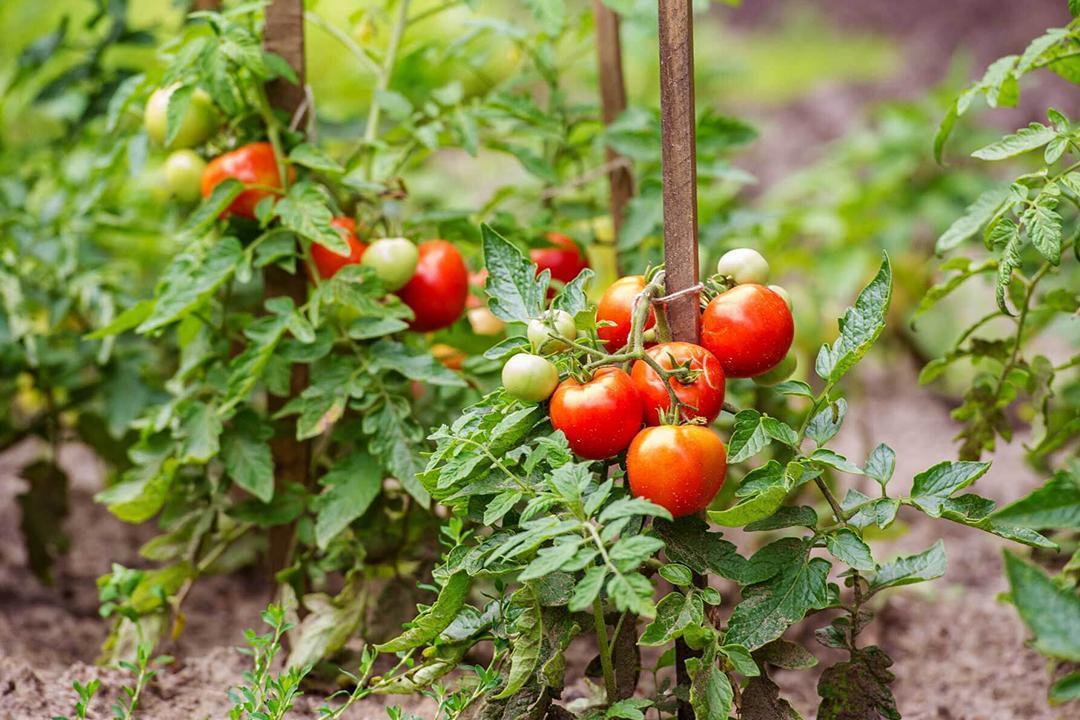writes Abdul-Rahmin Abdulai
Africa-Press – Eritrea. Digitalisation must be sensitive to the realities of being an African smallholder, otherwise it won’t be successful.
The application of digital innovation to agriculture is proclaimed as the next big thing for smallholders in Africa. Digital innovations such as mobile advisories and advanced precision systems are thus aggressively promoted, albeit mainly by development organisations and technology corporations.
Digital technologies are proposed to tackle many of the onerous challenges faced by 250 million smallholder farmers, such as access to services, markets, and assets. Together, digitalisation is expected to move millions of farmers out of poverty and bring prosperity to rural communities.
Despite its potential, smallholder farmers’ use of digital tools and services is still limited across Africa. A 2024 study of smallholders’ engagement with digital services in Ghana showed that only about 44 per cent indicated using a digital device for agriculture-related purposes.
In terms of tools, the mobile phone remain the most common for farmers. Hence, farmers are generally digitally connected only to services delivered through these tools, including SMS advisories, call centres, and interactive voice response. Mobile-based digital advisories systems that deliver timely information to farmers via mobile, either through calls, or text message are the mostly widely used digital service, alongside digital financial services in the region.
Other advanced forms of digitalisation, such as drone farming, Uber-like systems for tractors, and precision systems, are underdeveloped and sparsely adopted by even privileged large-scale farmers on the continent.
Despite the hype, the prerequisite for digitalisation – phone signal – is lacking in many areas, with some regions and socio-demographics disproportionately affected. Among many others, a lack of digital competencies and poor access to material supports continue to hinder farmers.
Digital literacy among farmers is too low to support many forms of digitalisation. Smallholders are largely uneducated and lack the basic skills to perform simple digital tasks, such as sending and reading SMS or browsing the internet. This is amplified by the low literacy rates in rural Africa, where the majority of smallholders operate. Many of these services are provided in English, instead of the local language, which exacerbates this challenge and shows the disconnect between design and user needs.
Most farmers do not have the very basic material support for the adoption and utilisation of many digital innovations. Required tools for meaningful digitalisation including smartphones, computers, tablets, and the internet, remain a luxury many farmers cannot afford, especially poor smallholders in rural communities. This challenge is compounded by the limited coverage of basic digital infrastructures, such as stable mobile networks and internet connectivity, in the rural regions where farmers operate.
Essentially, the foundations for contextually relevant digital agriculture for smallholders remain weak. Smallholders are under-capacitated to effectively engage these tools, and social infrastructures upon which these services must rest remain underdeveloped.
Digital risk
There are risks in implementing digital innovations on the current weak foundations.
Access and participation would be limited to certain groups. For example, illiterate farmers are unlikely to participate in services that offer information through SMS or apps they cannot utilise.
Likewise, the benefits of digitalisation are likely to be uneven among diverse groups. Local elites may capture any benefits emanating from digitalisation. For instance, educated and digitally literate farmers with access to the internet would be advantaged when farming information is entirely accessible online, while others become excluded.
Ultimately, imposing digital innovations on current structures would also entrench existing inequities and create unfair power in rural smallholder systems.
Hence, digital transformations in Africa are unlikely to happen soon if we do not rethink the process and institute the required basic building blocks in ways that address specific pain points of smallholders.
Considering the challenges and risks associated, it is critical to move towards a ‘digitalisation for smallholders’—one that sits within farmers’ lived realities. This form of digitalisation can be attained through the following measures.
First, inclusive access to material resources that support digital innovations. Governments and the private sector must partner to extend social digital infrastructure, including internet, telecommunication, and electricity. Likewise, livelihood support activities that raise farmers’ conditions to afford a phone would be critical.
Secondly, governments and other organizations, such as NGOs, need to facilitate the development of competencies required to use and turn materials into practical activities. Special non-formal education programs that focus on digital literacies should be established. Likewise, governments should prioritize digital and IT knowledge in school systems to instill basic knowledge of the creation of services among the youth and use among the general population.
Finally, we must align the values and goals of digitalisation with those of farmers. One way to achieve this is to design services in the languages farmers speak. Likewise, services must be adapted based on place, type, and nature of farming undertaken by farmers, largely by including people in the design of information materials.
LSE
For More News And Analysis About Eritrea Follow Africa-Press







